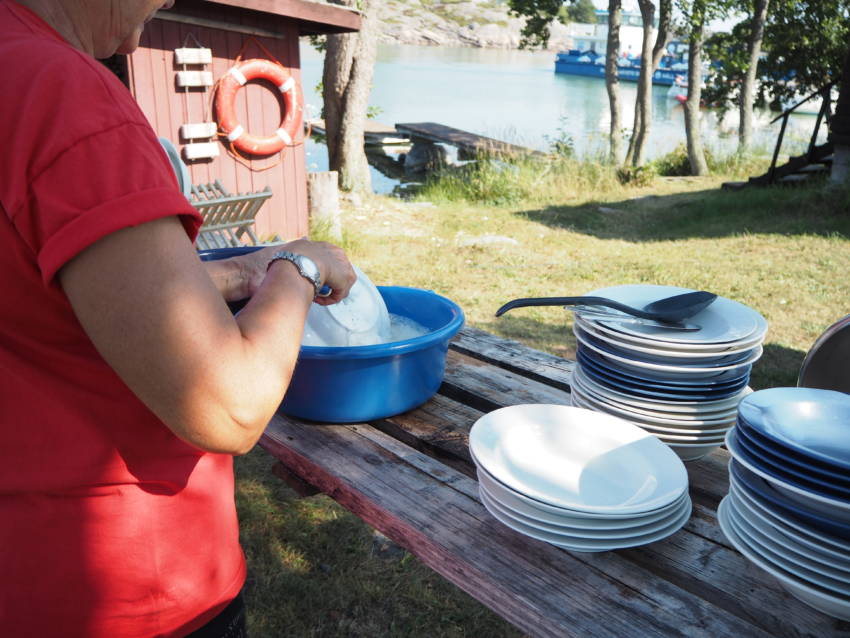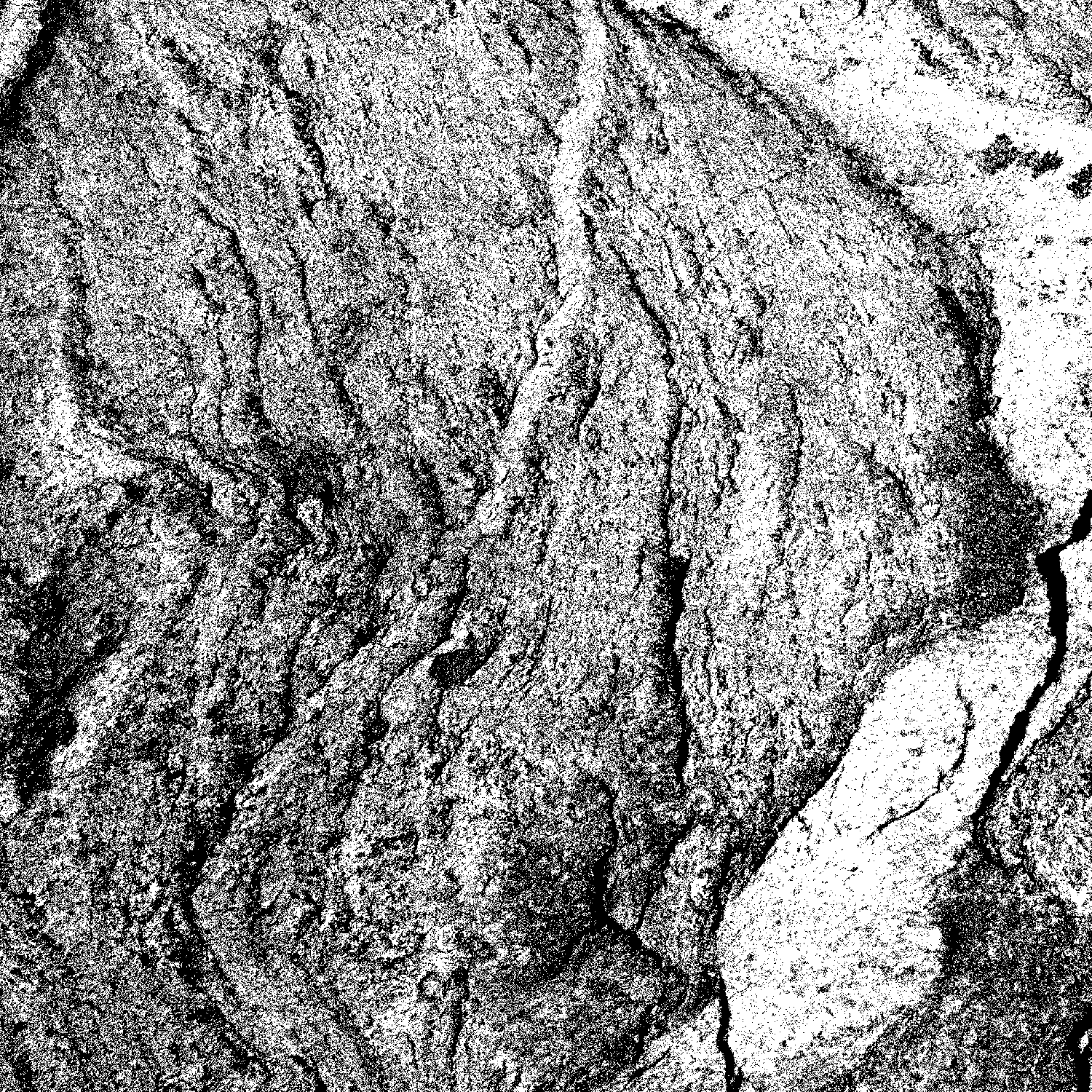Washing agents

When cleaning your boat, washing dishes or cleaning yourself, it is important to consider the environmental impact of different washing agents and where the resulting greywater ends up. Protected inner bays where water changes slowly are particularly vulnerable to the release of unfiltered greywater. It is recommended that the greywater produced by boaters be collected in a separate container or septic tank until it can be disposed of properly.
Dishwashing
Do not wash your dishes in the sea or lake! Dishes should be washed on land and the dishwater should be poured on the ground to ensure that the nutrients are filtered by layers of earth rather than directly entering the water. Make use of any dishwashing facilities located on land rather than washing them aboard your boat. In terms of the effective agents in dishwashing liquids, the surfactants generally break down rapidly in nature, but they are poisonous to marine life.
Cleaning
It is not always necessary to use cleansing or scouring agents for cleaning purposes. Many types of dirt can be removed simply by using water and a microfiber scouring cloth or sponge. Remember to clean often, since it is more difficult to remove grime that has adhered to the surfaces of the boat. If you need to use a washing agent, choose an environmentally-friendly, phosphate-free agent. Phosphates accelerate the eutrophication of waterways. When selecting cleaning agents, remember that mild agents are usually sufficient. Also try to avoid an excessive use of these agents.
Personal hygiene
Don’t use soap or shampoo when washing off in a lake or the sea. Also, avoid scented and antibacterial products.
